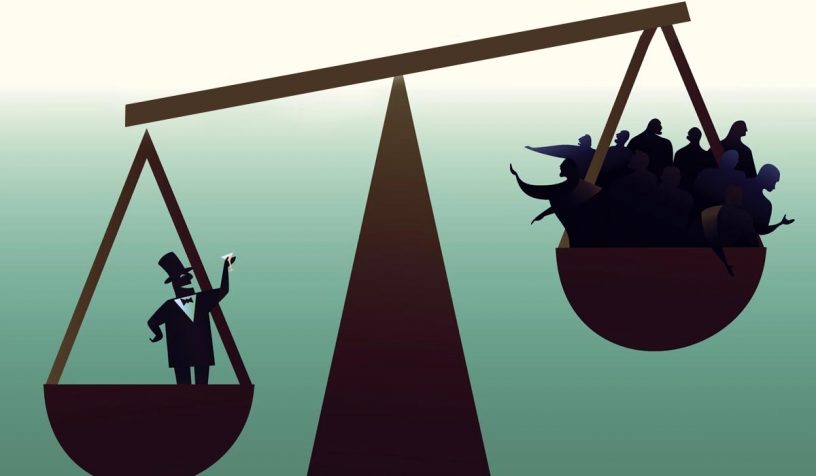
The assumption that the Indian Contract Act is nothing more than a faithful codification of the English common law of contract has stifled the reformatory potential of a progressive contract code and stunted the growth of Indian contract law, says the author.
Authors:
Shivprasad Swaminathan, Professor & Assistant Dean, Jindal Global Law School, O.P. Jindal Global University, Sonipat, Haryana, India.
Summary:
In Pioneer Urban Land and Infrastructure Ltd. v Govindan Raghavan [2019] 5 SCC 725, the Supreme Court of India excised an onerous term in a housing construction contract as “wholly one-sided, unfair and unreasonable”. This note examines the doctrinal basis for the exercise of such power. Common law courts have, for long, sought to relieve the weaker party to a bargain against contractual unfairness, but locating the basis of this power has proved elusive.
The traditional categories of duress (or coercion) and undue influence have been of limited help here. And since scholarly and judicial treatment alike have read s 16 of the Indian Contract Act as dealing with undue influence, it has been passed over in debates on unfairness. However, it is argued that a closer study of the legislative design of s 16 reveals that it was meant by Mackenzie Chalmers (the architect of the 1899 amendment) to incorporate a “general principle” of contractual fairness which empowered courts to determine whether a transaction was “fair and reasonable”.
Published in: Indian Law Review
To read the full article, please click here


